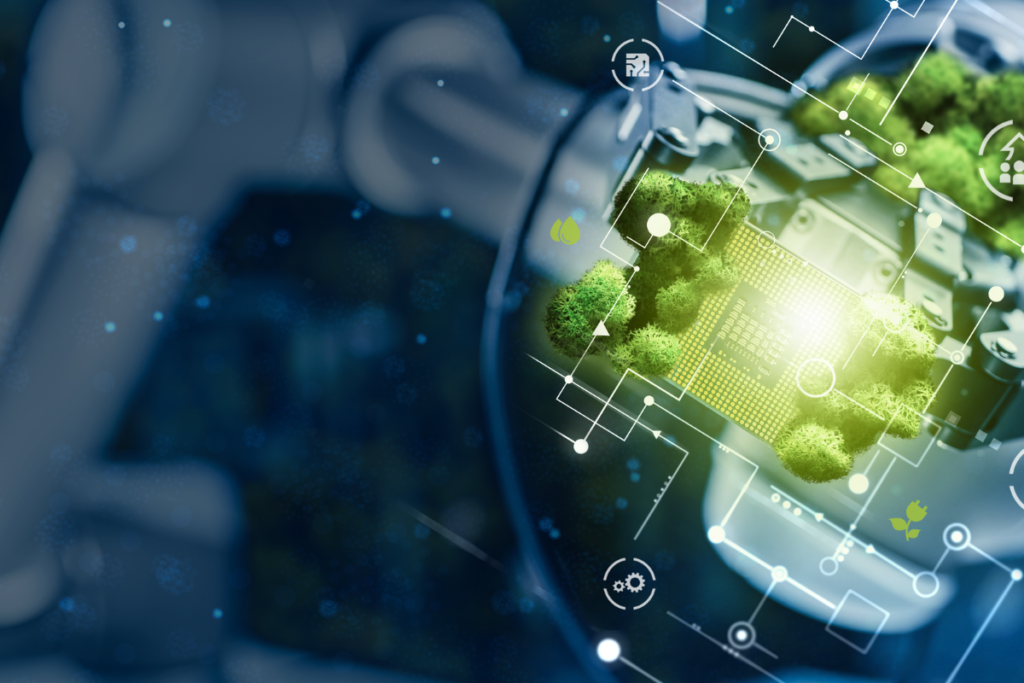The Role of Technology in Achieving Global Sustainability Goals by 2030

The Role of Technology in Achieving Global Sustainability Goals by 2030
As the world races against time to achieve the United Nations Sustainable Development Goals (SDGs) by 2030, technology has emerged as a powerful enabler. From eradicating poverty to addressing climate change, advancements in technology are shaping innovative solutions to some of humanity’s most pressing challenges.
- Renewable Energy Revolution
Technology has revolutionized the renewable energy sector, making solar, wind, and hydroelectric power more efficient and accessible. Smart grids, energy storage systems, and AI-driven energy management solutions are ensuring a seamless transition from fossil fuels to sustainable energy sources. This transformation is pivotal for achieving SDG 7: Affordable and Clean Energy.
- Climate Monitoring and Mitigation
Satellite imagery, IoT sensors, and big data analytics are being used to monitor environmental changes and predict natural disasters. These tools empower governments and organizations to implement proactive climate mitigation strategies, directly contributing to SDG 13: Climate Action.
- Smart Cities for Sustainable Living
Urbanization poses a significant challenge to sustainability, but smart city technologies offer a solution. IoT-enabled infrastructure, efficient public transportation, and waste management systems are reducing urban carbon footprints, supporting SDG 11: Sustainable Cities and Communities.
- Agriculture and Food Security
Precision agriculture, powered by drones and AI, is enhancing crop yields and reducing waste. Blockchain technology is improving supply chain transparency, ensuring food security and aligning with SDG 2: Zero Hunger.
- Water Conservation
Water scarcity affects billions worldwide, but smart water management systems are addressing this issue. IoT-enabled sensors detect leaks, optimize irrigation, and ensure equitable water distribution, advancing SDG 6: Clean Water and Sanitation.
- Education and Digital Inclusion
Technology is bridging educational gaps through online learning platforms and digital tools. This promotes equitable quality education for all, as outlined in SDG 4: Quality Education. Moreover, ensuring digital access in remote areas fosters inclusive development.
- AI and Machine Learning for Decision-Making
Artificial Intelligence (AI) is playing a crucial role in analyzing complex sustainability data and offering actionable insights. Whether it’s optimizing energy use or predicting resource shortages, AI enables evidence-based decision-making across sectors.
Challenges and Ethical Considerations
While technology is a key driver of sustainability, it must be deployed responsibly. Issues such as e-waste, data privacy, and unequal access to technology could hinder progress if not addressed. Ensuring ethical and equitable technological implementation is essential for long-term success.
The Road Ahead
Technology holds immense potential to accelerate progress toward the 2030 global sustainability goals. Collaboration between governments, private sectors, and civil society will be crucial in harnessing this potential. By fostering innovation, ensuring equitable access, and prioritizing sustainability, technology can pave the way for a greener, more inclusive future.
By embracing the transformative power of technology, we can achieve a sustainable world where economic growth, social inclusion, and environmental protection coexist harmoniously by 2030.
